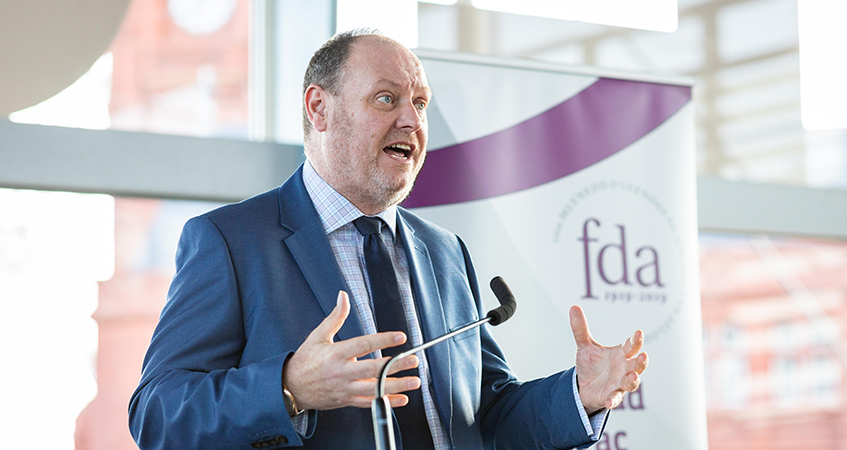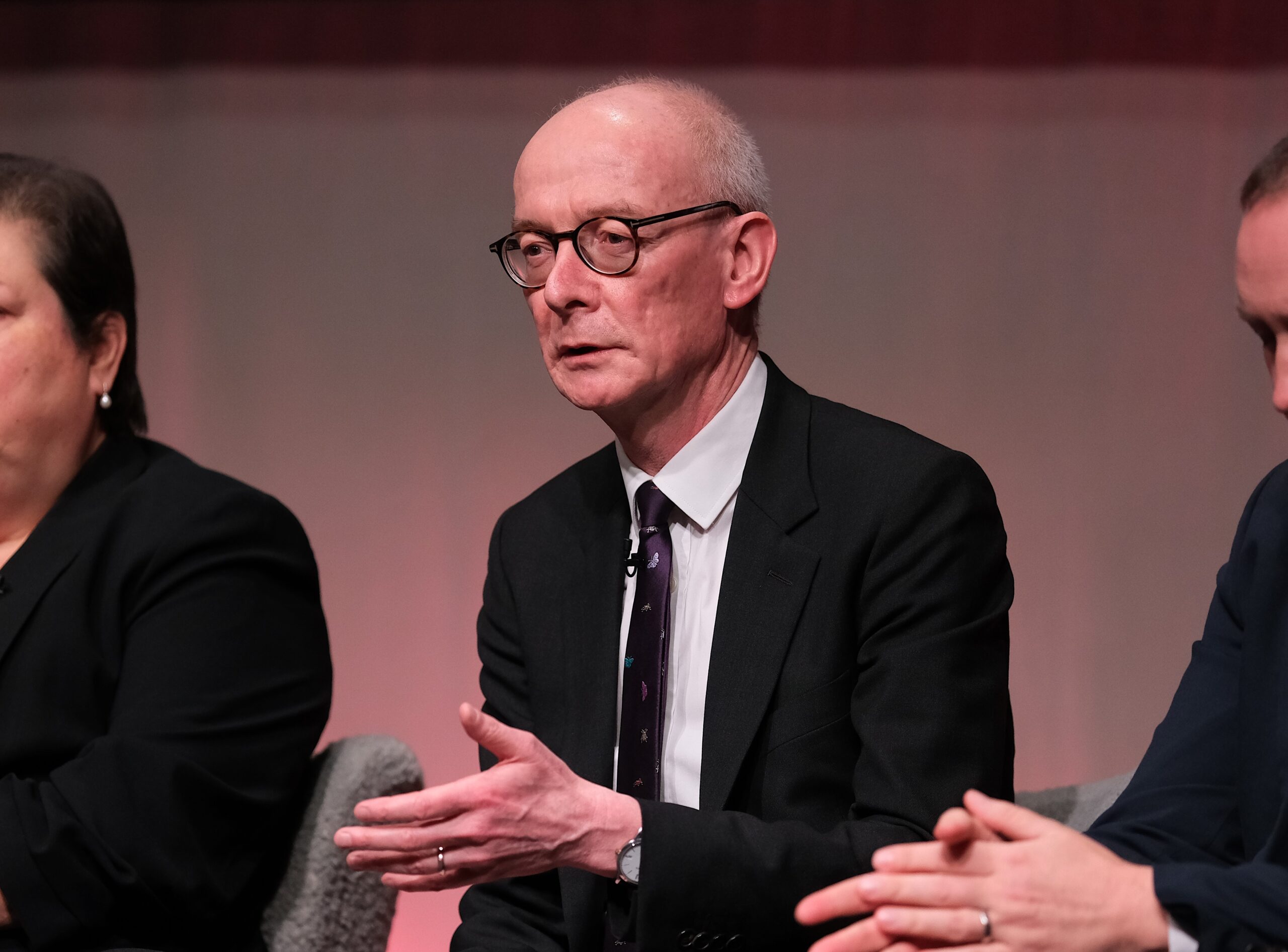Civil service pay in 2020

In late April, together with Mike Clancy, General Secretary of Prospect, I wrote to the Minister for the Cabinet Office, asking him to recognise that in these extraordinary times, a different approach to pay was needed for the civil service. In our letter we recognised the incredible work of the civil service in responding to COVID-19 as well as maintaining vital public services. We suggested a single, fair settlement, agreed with the unions, would be a preferred way forward this year. This would have the effect of reducing the burden of hundreds of pay negotiations, at a time when resources should be prioritised elsewhere, and also ensure that civil servants receive their pay rise on time. We also recognised that elsewhere, in Scotland for example, there had already been progress in fast tracking pay settlement.
Late last week, Lord Agnew, who is Minister of State at both the Cabinet Office and Treasury, responded indicating that whilst he did not agree to a single settlement, he wanted to ensure that pay outcomes were delivered quickly across the service.
Following his letter, officials were in touch and we have been involved in urgent dialogue over the 2020/21 pay round, including the delegated Pay Remit Guidance, which sets out the framework for civil service employers pay proposals.
We have been working over the weekend to submit responses to the proposed guidance and met with officials earlier today. The guidance has now been published.
Whilst we have long standing concerns over the process for determining pay in the civil service, as well as the outcomes, we recognise that this year there is an attempt to ensure that as many civil servants as possible can receive their pay award on time. This is to be welcomed and was one of the objectives of our joint initiative with Prospect, but it must not come at a cost of meaningful engagement with the unions. We will therefore be seeking to commence negotiations urgently with employers to ensure that members have the best chance possible of receiving their pay award in time.
As ever, the process for determining pay in the civil service is not simple. We hope that employers will seek to use the maximum flexibility possible, including the use of business cases to deliver pay reform, which is required if they are to exceed the upper limit of 2.5% average awards. In negotiations we will be pressing for this and, as a minimum, that employers seek to deliver the maximum award available under the guidance.
It is unfortunate that the Minister did not take up our offer of a single settlement, and it is clear that civil service pay arrangements still fall woefully behind the rest of the public sector, having remained largely unreformed for a quarter of a century. That said, we welcome the recognition of the extraordinary work of the civil service and desire to see timely settlements this year.
The onus now falls on civil service employers to maximise the flexibilities under the guidance and to do so quickly, meaningfully engaging with the FDA. For our part, we will be proactively contacting employers and are committed to working at speed to negotiate and consult members on any pay offers.
We will, of course, update members on any further developments and will be in touch to consult on any proposals from civil service employers. If you are not yet a member and wish to be included in this process, you can find out more about the benefits of joining the FDA here.
Related News
-

Government’s plans for civil service reform “lack substance”, says FDA
The FDA has criticised the government’s rhetoric surrounding the announcement of a series of civil service reforms – on performance-based pay, fast track exits for underperformers, and performance management – by Chancellor of the Duchy of Lancaster Pat McFadden.
-

9% pay rise for NI civil servants ‘genuine attempt to tackle pay erosion’, says FDA
The FDA is recommending to members to accept the Northern Ireland civil service pay offer for 2024/25, which represents a 9% increase over a 20-month period.
-

FDA calls for widespread reform across the civil service in New Year message to government
The FDA has shared its annual New Year message to the government, in which FDA Assistant General Secretary Lauren Crowley outlines the need for significant reform across the civil service.